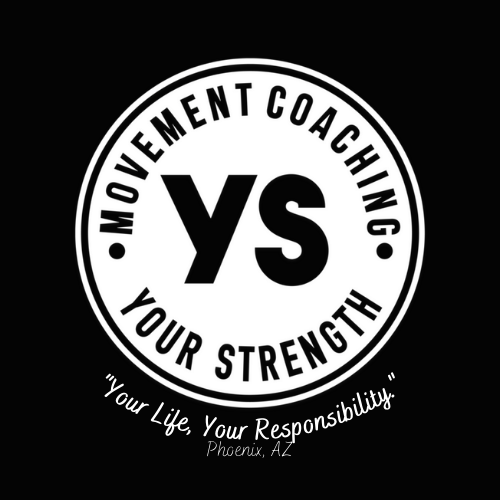Evaluate Your Recovery Routine: Are You Getting the Most Out of Your Workouts
Evaluate Your Recovery Routine: Are You Getting the Most Out of Your Workouts?
Recovery is just as important as your time in the gym. Proper recovery allows your body to rebuild, adapt, and become stronger. Without it, your efforts in the gym may not yield the results you want. Let’s break down the key components of a solid recovery routine and how you can ensure you're giving your body the rest it deserves.
1. Sleep: The Foundation of Recovery
Sleep is one of the most crucial elements in the recovery process. It’s during sleep that your body repairs and rebuilds muscles, making it essential for anyone with fitness goals. Here’s what you should focus on:
8-hour window: Give yourself an eight-hour opportunity for sleep. It might not be perfect every night, but having the time set aside makes a difference.
Sleep hygiene: Your sleep environment matters. A dark, cool room (60-67°F) helps you fall asleep faster and stay asleep longer.
Downregulation: Engage in relaxation techniques like deep breathing, meditation, or reading before bed to help transition into sleep.
Caffeine control: Too much caffeine, especially later in the day, can mess with your sleep. Try to limit intake after 2 p.m. for better rest.
Daylight exposure: Regular exposure to natural light during the day helps regulate your sleep-wake cycle, making it easier to fall asleep at night.
Exercise benefits sleep: Regular physical activity improves sleep quality, but balance is key—overtraining can negatively impact sleep and recovery.
2. Diet: Fueling Your Body for Recovery
Nutrition plays a vital role in how well your body recovers. Without proper fuel, your muscles won’t have the nutrients they need to repair and grow.
Protein and carbs: Adequate protein is essential for muscle recovery, and carbohydrates are necessary to replenish energy stores post-workout.
Electrolytes and BCAAs: Proper hydration, supported by electrolytes and BCAAs (branched-chain amino acids), can reduce muscle cramps and promote faster recovery.
Long-term dieting considerations: Be cautious with restrictive diets—chronic under-eating can impact sleep and recovery. Your body needs enough nutrients to repair itself.
3. Hydration: The Often Overlooked Element
Hydration is frequently underestimated when it comes to recovery. Water, along with electrolytes, supports every bodily function, including muscle repair and overall recovery.
Drink up: Make sure you’re staying hydrated throughout the day, especially after exercise. This is one of the simplest, most effective ways to improve recovery.
Add electrolytes: Sweating during workouts means losing essential minerals like sodium and potassium. Replenishing these can prevent cramps and improve recovery.
4. Exercise: Creating the Need for Recovery
Exercise is the trigger that creates the need for recovery. While working out helps you build strength and endurance, it also breaks your body down in the short term. That's why recovery is essential—this is when your body rebuilds itself stronger.
Exercise boosts sleep: Regular exercise can improve sleep quality, but be mindful of overtraining. Pushing too hard without proper recovery can lead to fatigue and injuries.
Balance effort with recovery: To see results, you need to balance hard training with smart recovery. This helps ensure that your body is fully repairing and adapting to the demands you're placing on it.
5. Focus on the Basics: Low-Hanging Fruit
When you’re starting to evaluate your recovery routine, it’s easy to feel overwhelmed. Instead of trying to fix everything at once, focus on the simple, “low-hanging fruit” first.
Smash the basics: Start with one or two habits, like establishing a consistent sleep schedule or improving hydration. Get these right for two weeks before adding more complexity.
Consistency is key: Small, consistent improvements over time will add up. Once you master the basics, you can expand your recovery toolkit with more advanced strategies.
Final Thoughts: Recovery Drives Results
At the end of the day, your workouts are only as effective as your recovery. If you're not giving your body the rest and fuel it needs, you won’t see the progress you're working for. Start with the basics—sleep, hydration, and nutrition—and build from there. Prioritizing recovery will pay off with better performance, improved health, and long-term success in your fitness journey.










